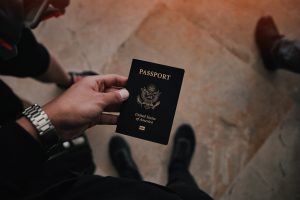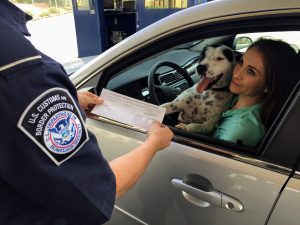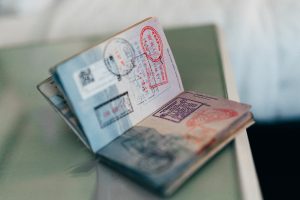Shari Feldman and Inderjit Singh got married seventeen years ago, but they still haven’t convinced federal immigration authorities that their marriage is legitimate. An American woman fought for four years to have her marriage to her Algerian husband recognized, even though the couple had two children.
These horror stories are the exception, not the rule—but all marriages between U.S. citizens and non-U.S. citizens are subject to many complicated regulations if the non-U.S. citizen intends to get a green card and eventually become a citizen.
The fact is that immigration law is very complicated– particularly as it pertains to marriage. For that reason, we’re going to devote this blog entry (and another soon to come) to breaking down the ramifications of marriage on the immigration process. There are a variety of scenarios that we’re going to examine today:
You’re in the U.S. legally and married to a U.S. citizen. In the simplest case, you’re the spouse of a U.S. citizen and you’ve entered the U.S. legally. You and your spouse need to submit a packet of documents and file for an adjustment of status. Ordinarily this is the category with the shortest wait for a green card.
You’re in the U.S. illegally and married to a U.S. citizen. If you weren’t in the U.S. legally at the time of your marriage things get much more complicated. It may be necessary to return to your home country to apply, which creates the risk of not being permitted to return to the U.S.
If you’re living in your home country and are married or engaged to a U.S. citizen, there are several things you need to do in order to move to the U.S. Your spouse or fiancé can file a petition in the marriage visa option category or the fiancé visa option category. The process is similar, though the forms are different.
Your American spouse or fiancé needs to submit a visa petition to the U.S. Citizenship and Immigration Services. It usually takes USCIS a couple of months to approve the visa petition, at which point you and your partner need to pay fees and submit more forms. The case will be transferred to the U.S. consulate in your home country, where you will be interviewed. After you’re approved you’ll receive a visa that permits you to enter the U.S. legally. You’ll receive a green card after arriving in the U.S.
As you can see, this process is complex and can be very difficult. For assistance, please give us a call at 305-448-0077 today.







